Unveiling the Impact of Empathy on HSPs: Understanding Burnout and the Need for Emotional Boundaries
As humans, we are naturally inclined to care for one another, and research supports the idea that altruism can enhance our well-being and overall happiness. However, despite our innate desire to care, many of us find ourselves burning out. What could be the root cause of this exhaustion? It turns out that empathy, the cherished cousin of altruism, plays a significant role in this phenomenon. To truly care without depleting ourselves, it is crucial to redefine our understanding of empathy and establish healthy boundaries.
Empathy is a widely discussed and celebrated topic, revered as a sacred virtue that contributes to building resilient, compassionate, and creative societies. Its importance is recognized in progressive schools, where it is integrated into the curriculum to foster a healthy and meaningful life. Former US President Barack Obama even highlighted the empathy deficit as one of the greatest challenges faced by our society and the world at large.
In most cases, empathy is a positive force. It allows us to understand others' emotions and intuitively grasp what they need to thrive. We can all agree that empathy is crucial, especially in understanding different perspectives and finding compromises. However, the broad definition of empathy often leads to misinterpretation and miscommunication when we use the term in conversations.
At its core, empathy is a tool that helps maintain social cohesion and is not limited to humans alone. We can observe empathy in various forms, from contagious yawning in dogs to distress signaling in chickens and patient-centered care in human medicine. While empathy is multifaceted, I want to focus on a particular definition that poses challenges: the act of experiencing the world as someone else does, where their suffering becomes our own.
The Scottish Enlightenment philosophers referred to this emotional empathy as "sympathy." According to Adam Smith, sympathy allows us to imagine ourselves in someone else's situation, becoming, to some extent, the same person as them. This interchange of feelings can be draining, especially for empaths or highly sensitive individuals, who may involuntarily absorb others' pain and suffering. Their deep sensitivity can lead to unintentional self-betrayal as they prioritize others' well-being over their own.
Psychologists distinguish between "emotional empathy" and "cognitive empathy" or "social intelligence." Emotional empathy involves feeling what others feel, while cognitive empathy allows us to understand someone's emotional state without experiencing it ourselves. This distinction is crucial in preserving our energy while still being able to offer support.
Emotional empathy takes us out of ourselves and places our attention solely on the other person. We project ourselves into their body, feeling what we perceive they feel. However, this perception is subjective, filtered through our own experiences and conditioning, resulting in fabricated emotions that do not accurately represent the other person's experience. This form of empathy is self-centered in the wrong way; we create our own emotions based on someone else's journey, depleting our strength and leaving little energy for genuine help.
Furthermore, research shows that emotional empathy can amplify and conceal biases. People tend to feel more empathy for those they can relate to or already care about, narrowing their focus and ignoring the broader needs of humanity. Paradoxically, emotional empathy hinders our ability to access our innate wisdom and limits our perspective of others, reducing our capacity as healers and leaders.
To avoid the pitfalls of emotional empathy and prevent burnout, it is essential to establish emotional boundaries. By cultivating cognitive empathy, we can understand and support others without becoming overwhelmed by their emotions. This approach allows us to hold a safe and neutral space for others, appreciating their innate wisdom beyond their suffering.
Warmly,
Tekin Meric, MSc
Counselor & Coach
If you resonate with the challenges of empathy, burnout, and the need for emotional boundaries, I invite you to explore counseling or coaching support. Please feel free to reach out to me, and I would be honored to hold the space to support you online or in my practice in Amsterdam.



